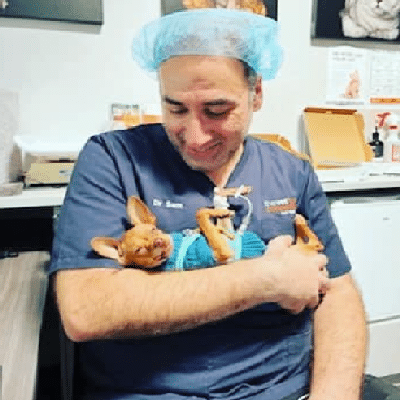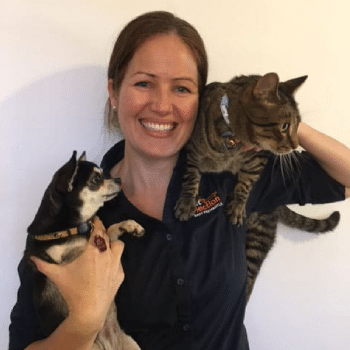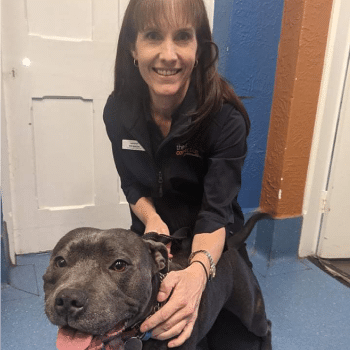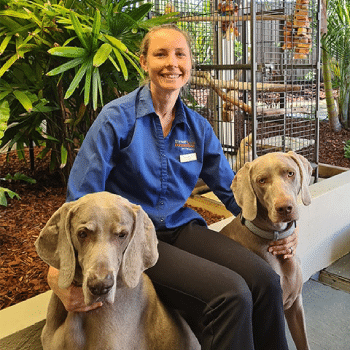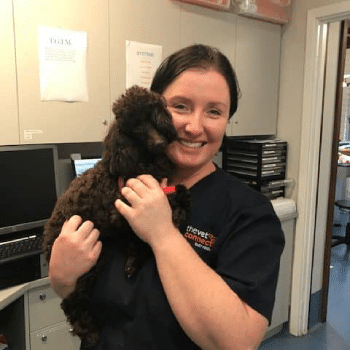“Only place I will take my very anxious and sulky greyhound doggo. Liam and team take their time and my dog is slowly getting better at attending the clinic and even getting her nails clipped. This would never have happened without their dedication and care. Always open and honest in their findings and what is required and what is not. Once I took my limping dog there only to find out she’d been faking it! They were quick to check her over and find nothing wrong, so no need for expensive treatment or investigations. Only vets I will trust with an honest opinion and a sulky dog.”
Jolien Strauss



